Lotteries in Pop Culture: An Analysis of Media Representation
Discover how lotteries are portrayed in films, television shows, music, and literature, and how this shapes the public perception of these games of chance.
The Lottery House
tags:
lottery
pop culture
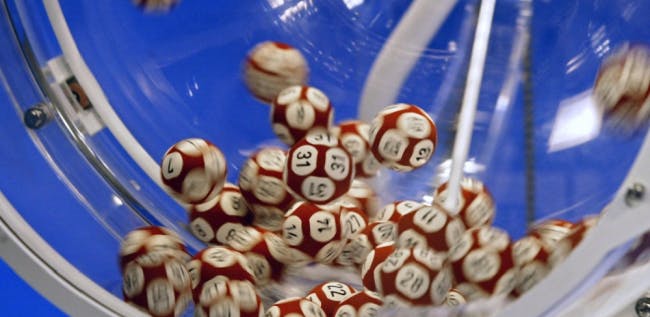
Introduction:
Lotteries have been an intrinsic part of popular culture for decades, finding their way into films, television shows, music, and literary works. This presence in the media not only reflects human fascination with the idea of "getting rich quick" but also shapes public perception about lotteries and gambling in general. In this article, we will delve into the representation of lotteries in pop culture, examining how they are portrayed in different forms of media and analyzing the impact of these representations on the public perception of lotteries.
1. Lotteries in Cinema: From Fortune to Ruin
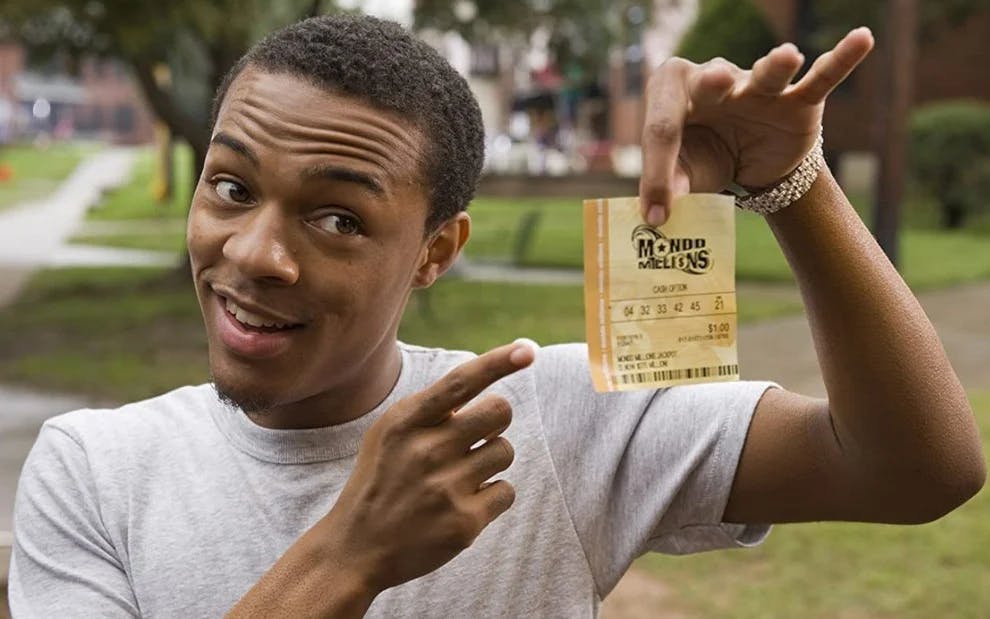
The cinema often portrays lotteries as a source of hope and opportunity for characters seeking a better life. However, there are also films that explore everything from financial irresponsibility to issues of loyalty, greed, and the essence of humanity when confronted with sudden wealth, as depicted, for example, in the movie " Lottery Ticket." These varied representations help to create a multifaceted view of lotteries in the minds of the audience.
2. Lotteries on Television: Entertainment and Reality
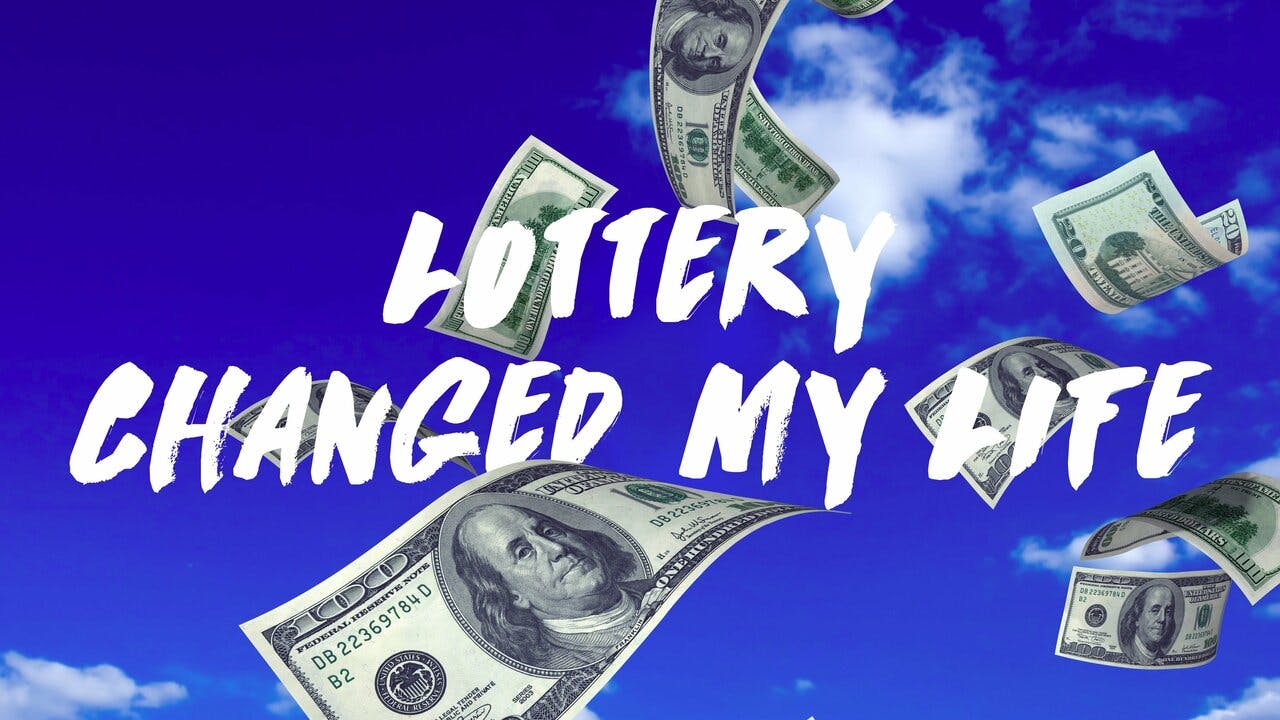
On television, lotteries are often presented as exciting and suspenseful entertainment. Competition programs like "Mega Millions" and "Powerball Live" turn lottery drawings into live broadcast events, watched by millions of viewers worldwide. Additionally, reality shows like "Lottery Changed My Life" showcase real stories of lottery winners and how their lives were impacted by sudden fortune. These programs contribute to the popularization of lotteries and reinforce the idea that anyone could be the next winner.
3. Lotteries in Music: Lyrics of Hope and Dreams

Music also plays a significant role in representing lotteries in popular culture. Lyrics often reference luck and the desire for a sudden life change, often associated with winning the lottery. Artists from various musical genres, from pop to hip-hop, incorporate themes of luck, fortune, and ambition into their songs, reflecting the dreams and aspirations of their listeners. These songs serve as a form of escapism and inspiration for those seeking a better life.
4. Lotteries in Literature: Exploring Themes of Luck and Destiny
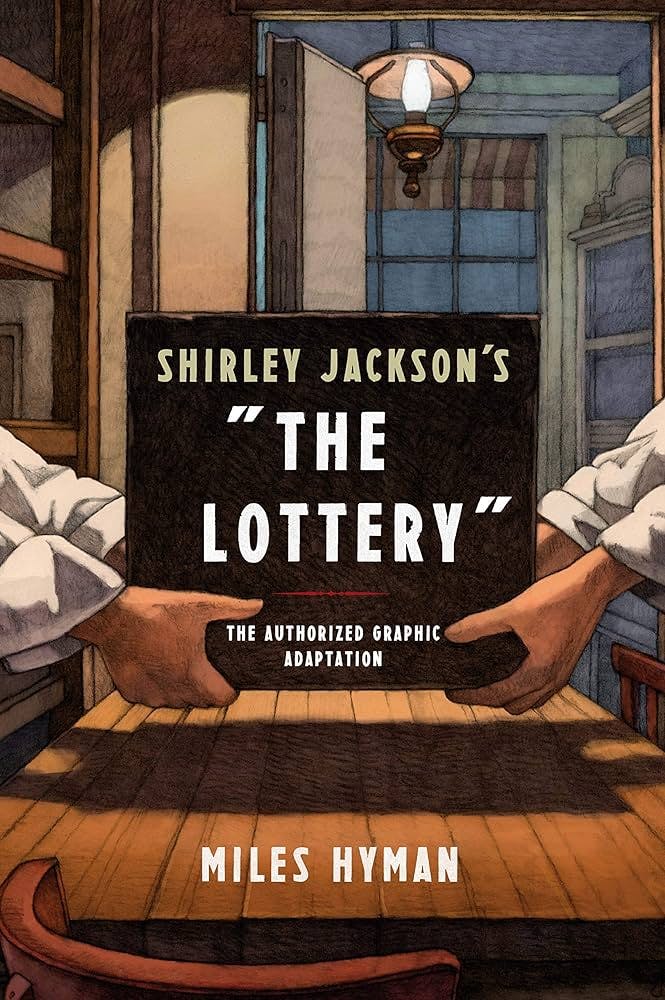
In literature, lotteries are often used as narrative devices to explore broader themes of luck, destiny, and determinism. Novels and short stories often feature characters who gamble on the lottery as a last hope to escape poverty or achieve happiness. However, these stories also explore the unforeseen consequences of sudden fortune, questioning whether money can truly buy happiness. Authors like Shirley Jackson in "The Lottery" and Jeffrey Archer in "The Lottery Winner" offer diverse perspectives on the complexities of lotteries and their implications for individuals and society.
5. Lotteries in Pop Culture: Influencing Behaviors and Attitudes

In addition to reflecting existing perceptions of lotteries, pop culture also plays a significant role in influencing behaviors and attitudes toward gambling. When lotteries are portrayed positively and glamorously in the media, this can encourage more people to participate in drawings, fueling hope that they too could be the next winners. On the other hand, negative representations of lotteries can raise concerns about the dangers of gambling and its potential adverse effects.
6. The Role of Advertising in Shaping Lottery Perception

Advertising plays a crucial role in shaping the public perception of lotteries, both through official campaigns by operators and subtle references in the media. Lottery ads often emphasize the positive aspects of the game, such as the excitement of participating in a drawing and the chance to win incredible prizes. They often portray happy winners celebrating their victories, reinforcing the idea that playing the lottery can lead to a positive life change. However, it is important to recognize that these ads often omit the risks associated with excessive gambling and gambling addiction.
7. The Impact of Pop Culture Representations on Lottery Regulation
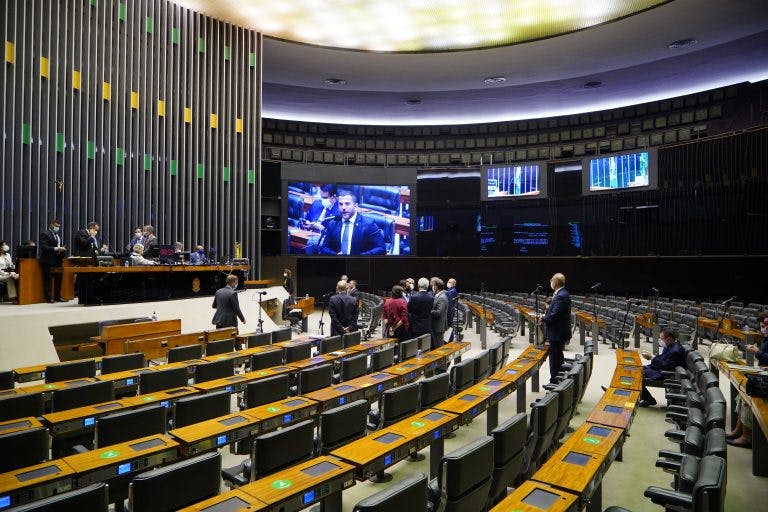
The way lotteries are portrayed in pop culture can also influence how they are regulated by government authorities. When lotteries are portrayed positively and benignly in the media, there may be less pressure to impose strict restrictions on gambling. On the other hand, negative representations of lotteries can lead to stricter measures to protect consumers, especially the most vulnerable. Therefore, it is important to consider how representations of lotteries in pop culture can influence the regulatory environment in which they operate.
8. The Evolution of Lottery Representations Over Time
Over the decades, representations of lotteries in pop culture have evolved to reflect changes in society and the media. During times of economic prosperity, lotteries may be portrayed more positively, as a means of achieving the American dream of success and wealth. However, in periods of economic recession or social concerns about income inequality, lotteries may be criticized as a form of exploitation of the poor and as an illusion of hope for those who need it most. These changes in representations of lotteries reflect the prevailing values and concerns at a given time and illustrate how pop culture can be a reflection of the broader social context.
9. Loterias na Cultura Pop: Promovendo o Financiamento de Causas Sociais
A positive representation of lotteries in pop culture is the significant role they play in funding social causes and government programs. In many countries, a significant portion of lottery revenues is allocated to charity, education, health, and cultural initiatives. These funds play a crucial role in supporting community projects and improving the quality of life for many individuals and underserved communities. By highlighting the social benefits of lotteries, pop culture can help promote a more positive image of these games of chance and encourage the public to participate, knowing that they are contributing to noble causes.
Conclusion:
The analysis of lottery representation in pop culture reveals a diverse range of perspectives and narratives. While some representations emphasize the exciting and potentially lucrative aspects of the game, others highlight the dangers of gambling addiction and the exploitation of the vulnerable. However, it is essential to recognize that lotteries play a significant role in funding social causes and promoting the well-being of communities worldwide.
By understanding the multiple facets of lottery representations in pop culture, we can develop a more holistic understanding of the place of these games of chance in contemporary society. This allows us to question dominant narratives and explore the underlying complexities of gambling and the pursuit of fortune.
Ultimately, pop culture plays a significant role in shaping the public perception of lotteries, influencing attitudes, behaviors, and policies related to gambling. By taking a critical and informed approach to consuming media that portrays lotteries, we can develop a more balanced and responsible view of these games of chance, recognizing both their benefits and challenges.